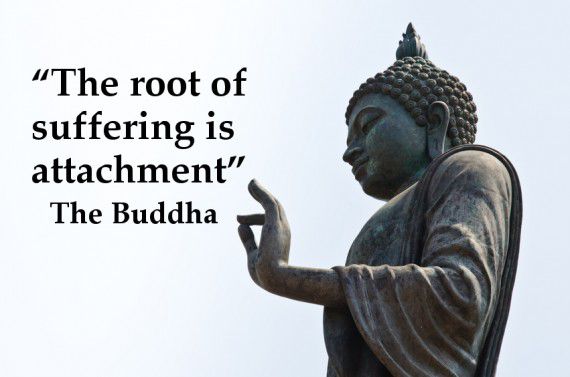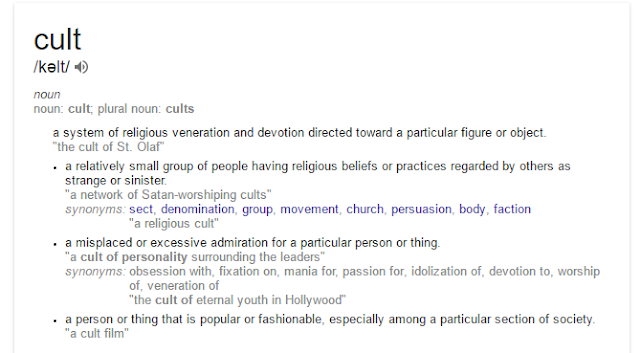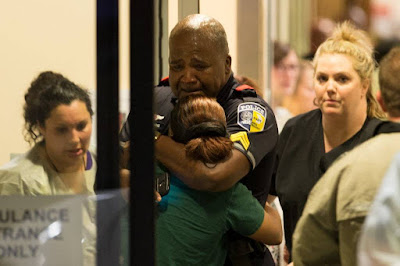Non-Clinging, Politics, & Jesus

There is a Buddhist teaching I am thinking about a lot these days. It is called anupadana. It means non-clinging, or non-attachment. It i s based on the idea that clinging or grasping onto things or ideas, holding on to them too tightly, is an obstacle to being all we can be. Upadana, clinging or grasping onto things or ideas, prevents us from individually and collectively applying the truth of love in our lives. Buddhism lays out four forms of clinging or grasping, four kinds of unhealthy attachments. There is senses-based attachment. Renowned Buddhist teacher Buddasa states, this means “clinging to attractive and desirable sense objects.” Our six senses – seeing, hearing, smelling, tasting, touching, and thinking – attach onto what is pleasurable. We want to see beautiful things, we want to hear beautiful sounds, we want to smell fragrant things, we want to taste delicious food, we want to touch pleasant things, we want to think good thoughts. At a certain level, th...


